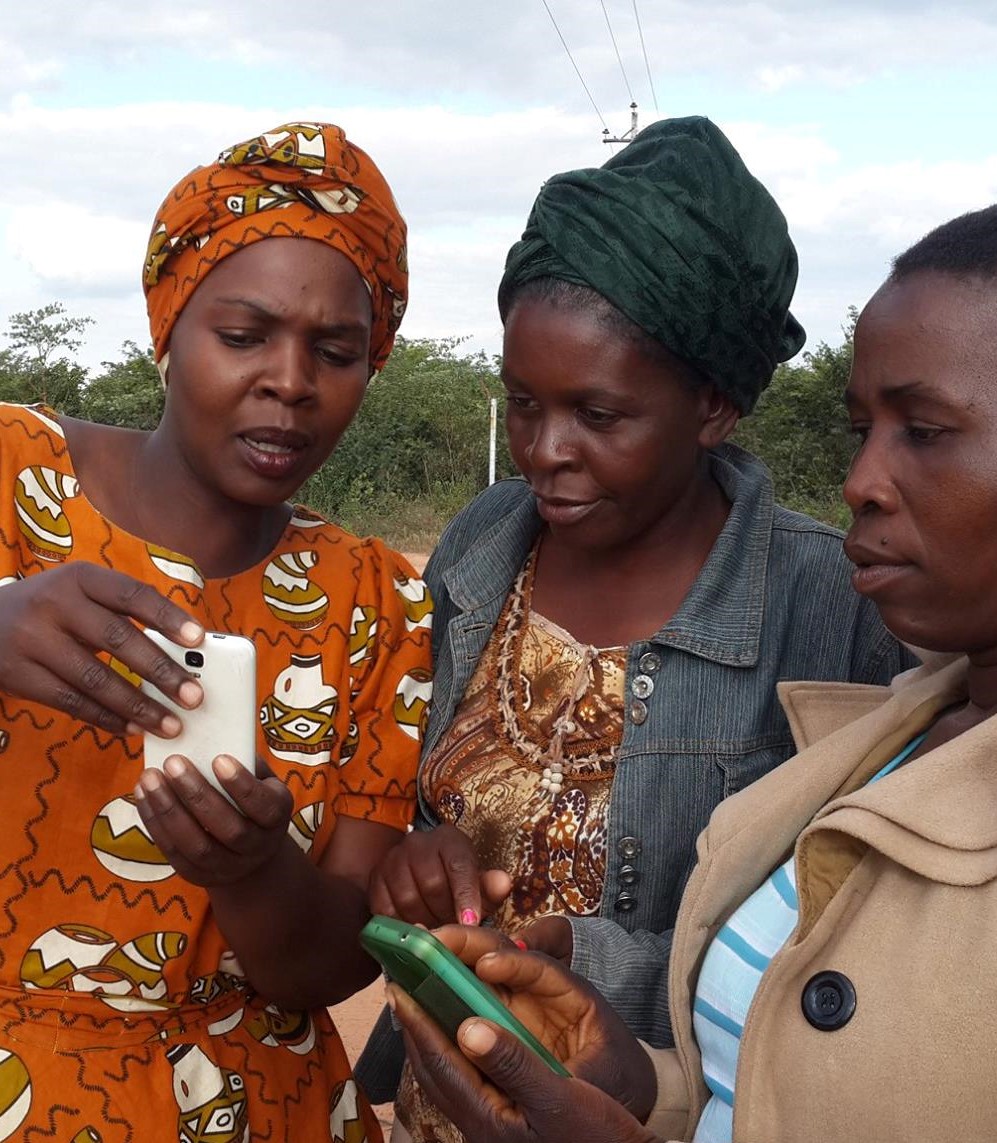
Information and Communication Technologies (ICTs) are effective drivers of agricultural growth and transformation. The in-service training app will address the challenge of insufficient resources to continuously develop skills of field based extension workers.
The Zimbabwe Agriculture Knowledge Innovation Services (ZAKIS) project is championing a technical capacity building digital solution which will facilitate in-service training for research, extension and education. Currently, the work being done by the Department of Research and Specialist Services (DR&SS) is not sufficiently being absorbed by the extension training unit, and when it is, there are serious financial constraints to train the extension workers using the traditional provincial and district workshop model.
This has been predominantly triggered by the unstable and non-performing macro-economic environment in Zimbabwe, which has resulted in budgetary allocation cuts from the fiscus towards agriculture. This has led to less resources allocated toward human resource capacity building.
To respond to these overarching challenges, ZAKIS is developing an in-service training mobile application (App) which will allow the training unit to develop online courses informed by recent and current research. This will allow extension officers to capacitate themselves remotely, wherever they are based. A grassroots level extension officers’ needs assessment has been conducted under the leadership of the Matopos Agriculture Centre of Excellence (MACE) and the app’s key features were defined.
Services to be accessed will include value chain refresher content, activity trackers of key programmes such as the annual national crop and livestock assessments, a reporting function which captures ward, zonal, district and provincial reports and site specific weather indicators.
Ministry of Lands, Agriculture, Water, Climate and Rural Resettlement news and circulars which allow all extensionists to access real time communication from their headquarters.
A prototype was developed and presented during the week ending the 1st of November 2019 to the directorate and heads of institutions within the Ministry of Lands, Agriculture, Water, Climate and Resettlement. The application was a welcome innovation and it was agreed that the next phase should be the development of the first minimum viable product which will be reviewed by the ministry staff and tested using the ZAKIS project areas as a pilot.
